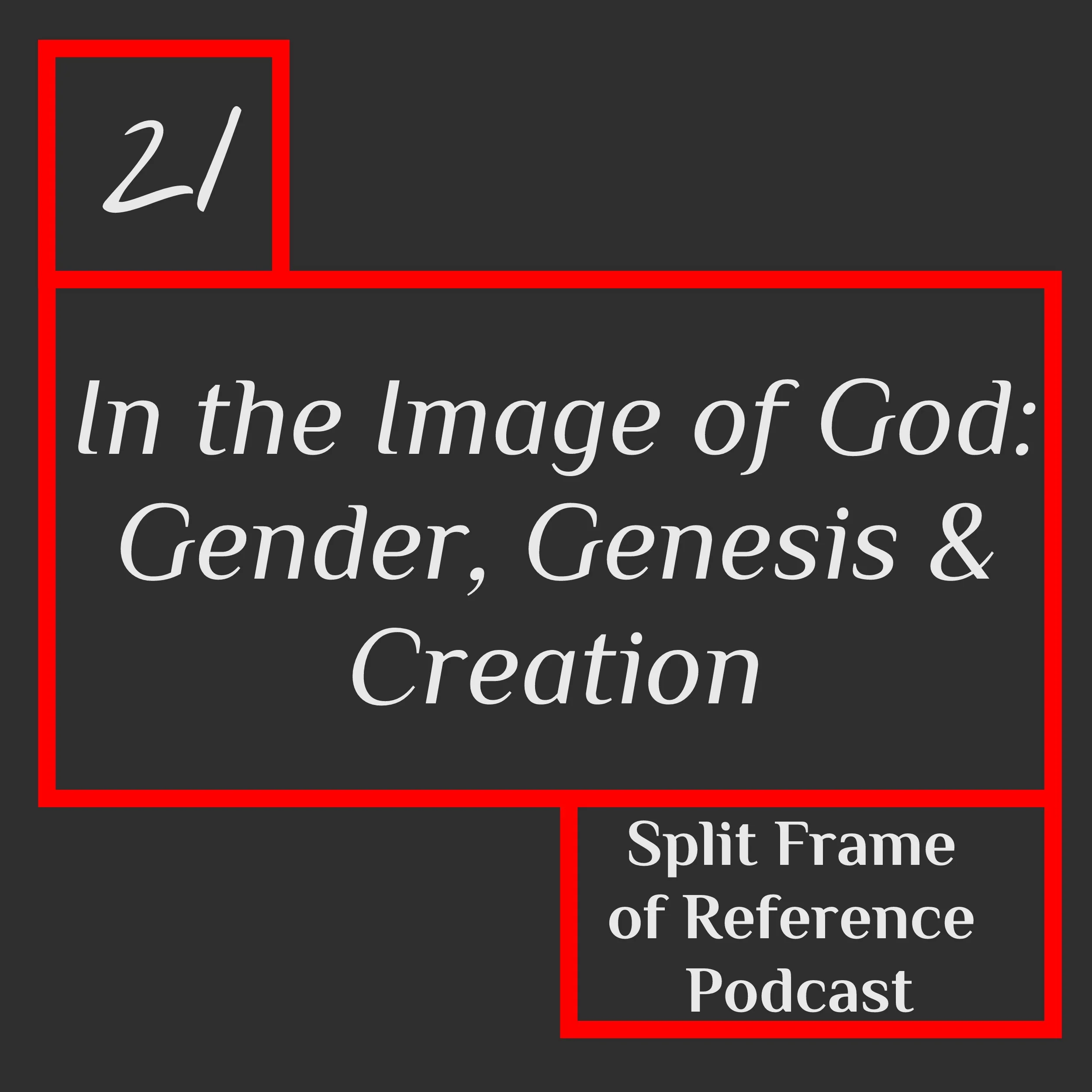Allison and I originally planned on working through Galatians 3:26-29 (and more specifically through the entire epistle) in this episode, but some interesting events have occurred in the blogosphere that demanded our response.
On April 19th, John Piper released a short 10 minute video where he responded to a questioner from the United Kingdom. The questioner asked him about the 'future of male headship' and if it was a 'lost cause.' As can be expected, Piper offered four (one? you'll get it later if you listen to our episode) complementarian reasons why he does not think male headship is a lost cause. You can read/listen to the entire thing here, and Allison and I figured this would be worth a detailed response. In order to best examine and critique Piper's comments, we had on our first guest, Dr. Jamin Hübner! Dr. Hübner is Director of Institutional Effectiveness and Associate Professor at John Witherspoon College in Rapid City, South Dakota. Dr. Hübner is a graduate of Dordt College (BA Theology), Reformed Theological Seminary (MA Religion), and the University of South Africa (ThD). He has also blogged at Christians for Biblical Equality.
Dr. Hübner's works include a book called A Case for Female Deacons (a work we have recommended before) and multiple academic articles on various aspects of the gender debate, including peer-reviewed in-depth research on the controversial "assume authority" infinitive in 1 Tim 2:12, Bible translation issues regarding the clarity of Scripture and how to translate the same infinitive in 1 Tim 2:12, and the history of the evolutionary process of complementarian exegesis. So, as you can see, we were deeply blessed to have such a scholar on our podcast! Plus, he's quite fun to chat with as well, as you will see!
The Desiring God video includes a transcript of his response to the questioner, and we invite you to read through it as we discuss in great depth why we all believe John Piper is deeply wrong about this issue. As you will see, egalitarians are not interested in merely accommodating culture. Allison, Dr. Hübner and I all came to our position through rigorous analysis of the Biblical texts and we all profess and live into our commitment to the authority of God's word. Speaking only for myself (Nick), if I thought Scripture said otherwise, I would be a committed complementarian. As such, Scripture gets to dictate my beliefs and I remain a convinced egalitarian.
Far from being a 'liberal' movement, both Dr. Mimi Haddad (President of CBE) and Allison Quient have shown that egalitarianism is far more rooted in historic evangelicalism than complementarianism. Indeed, a mere perusal of the original signers of the Christians for Biblical Equality statement (a statement absolutely saturated in Holy Scripture) include influential scholars such as F.F. Bruce (who was considered the Dean of Evangelical New Testament scholarship, and is a personal hero of mine), Mimi Haddad, Gordon D. Fee, Kevin Giles, Kenneth Kantzer (formerly of TEDS), Richard Longenecker, Aida Spencer, Grant R. Osborne (of TEDS as well), David Scholer (of Fuller), Alvera Mickelson, and Philip B. Payne (who we have recommended many times!). These are giants in evangelical scholarship, and are not people dedicated to the winds of modern cultural trends.
It is also worth your time to read a bit about CBE's history:
Disturbed by the shallow biblical premise used by churches, organizations, and mission groups to exclude the gifts of women, evangelical leaders assembled in 1987 to publish their biblical perspective in a new scholarly journal, Priscilla Papers. Included in the group were Gilbert Bilezikian, W. Ward Gasque, Stanley Gundry, Gretchen Gaebelein Hull, Catherine Clark Kroeger, Jo Anne Lyon, and Roger Nicole. The group determined that a national organization was needed to provide education, support, and leadership about biblical equality.
Roger Nicole, an original signer of the Chicago Statement on Biblical Inerrancy and a deeply influential Reformed theologian, saw no issue between his very outspoken egalitarianism and his commitment to the authority of Scripture. Philip B. Payne was also an original signer of the same influential document.
Egalitarianism, as argued by all of these brothers and sisters, is grounded firmly in the authority of Holy Scripture.
This is why CBE's conferences are so important. Allison and I recorded a video promo for CBE, and if you find it helpful, please share it as well! We'd love to meet and see you in Orlando, FL this July!
We would also be deeply grateful if you would share and tweet this podcast to get the word out! Pastor John Piper is a committed Christian and his words have significant influence. Please review us on iTunes (a nice 5 star review gets you a shout out on the air!). Also follow Nick and Allison on twitter for all the tweets!
Blessings!
N/A







